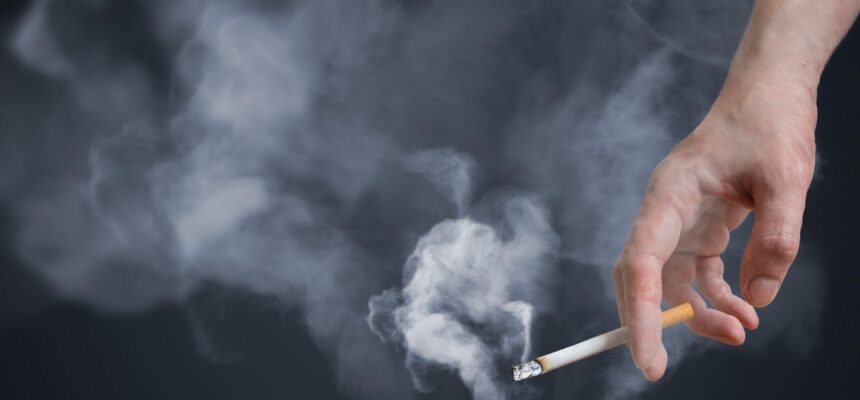
7 Side Effects of Nicotine Addiction
Effects of Nicotine Addiction
- Adrenaline Overworks the Circulatory System
- Brain Chemistry Changes
- Blood Sugar Regulation Is Disrupted
- The Brain Reacts to Changes in Blood Flow and Hormones
- The Gastrointestinal System Is Disturbed
- Nicotine Addiction Develops Rapidly
- Physical Withdrawal Makes Quitting Difficult
Nicotine is one of the most commonly used addictive substances in the United States, with more than 25% of citizens over the age of 12 being affected.1 Understanding the physical responses to nicotine can help you choose the right tobacco addiction treatment option to break free of this powerful chemical cycle.
What Is Nicotine?

This chemical substance is produced by the tobacco plant (Nicotiana tabacum) or may be created in a laboratory. The nicotine definition is the same no matter the source of the chemical. It is highly addictive in any form and is usually ingested through smoking, chewing tobacco, gum, vaping, or E-cigarettes.
Smoking tobacco is known to increase the risk of lung cancer, and using chew has been linked to mouth cancer. E-cigarettes or vapes may have less of the cancer-causing ingredients than tobacco, but they still contain the addictive and physically stressful nicotine component.2
Health Risks of Nicotine Addiction
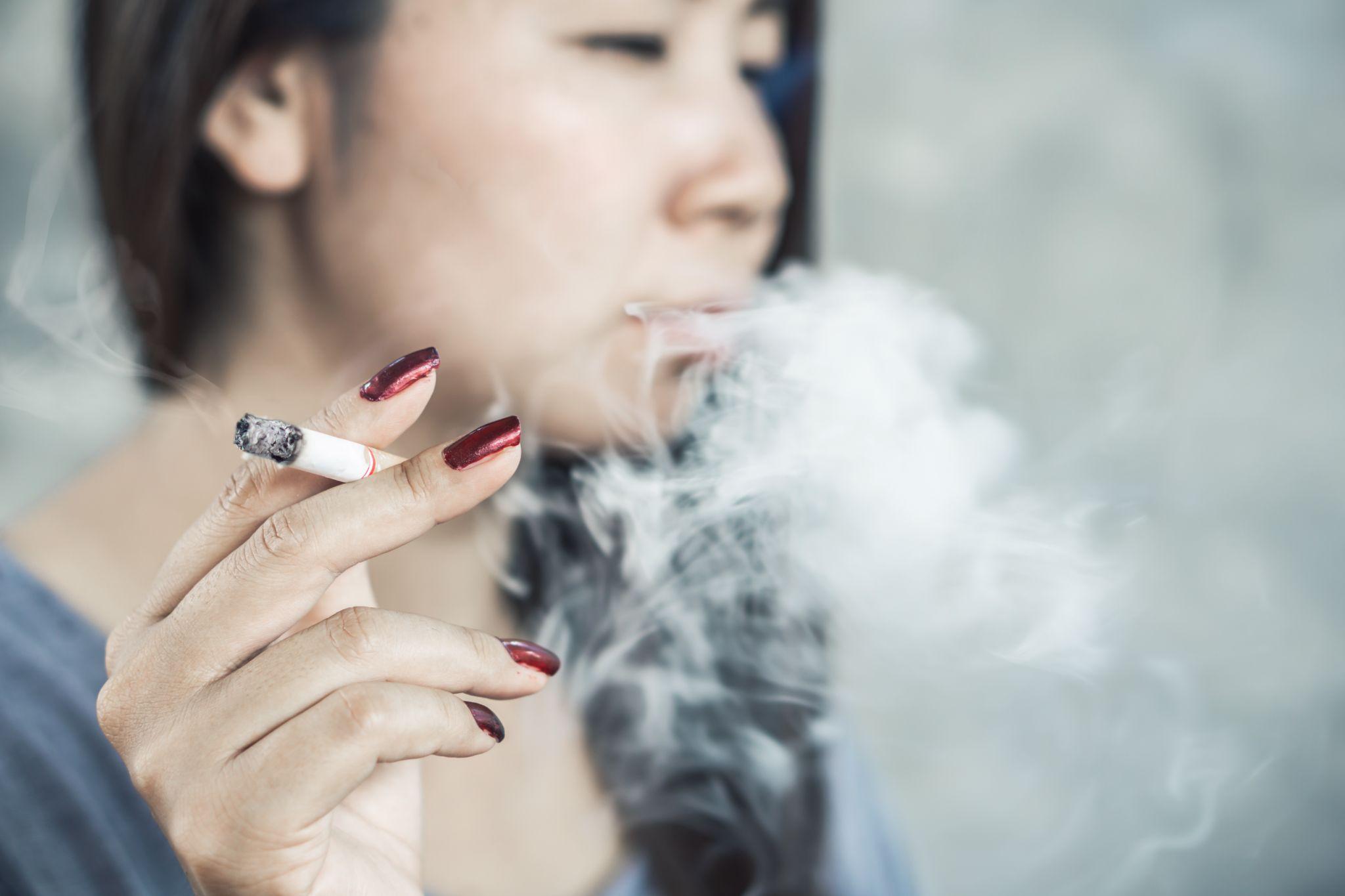
Smoking, and specifically a nicotine addiction, can have severely negative health effects including increasing your risk of developing lung cancer and other respiratory diseases. The effects of nicotine on your body’s adrenalin production can also increase your risk of having a heart attack and other heart diseases.
Smoking is still one of the most preventable causes of death in America, accounting for at least 480,000 deaths in the United States every year.
7 Harmful Physical Effects of Nicotine on the Body
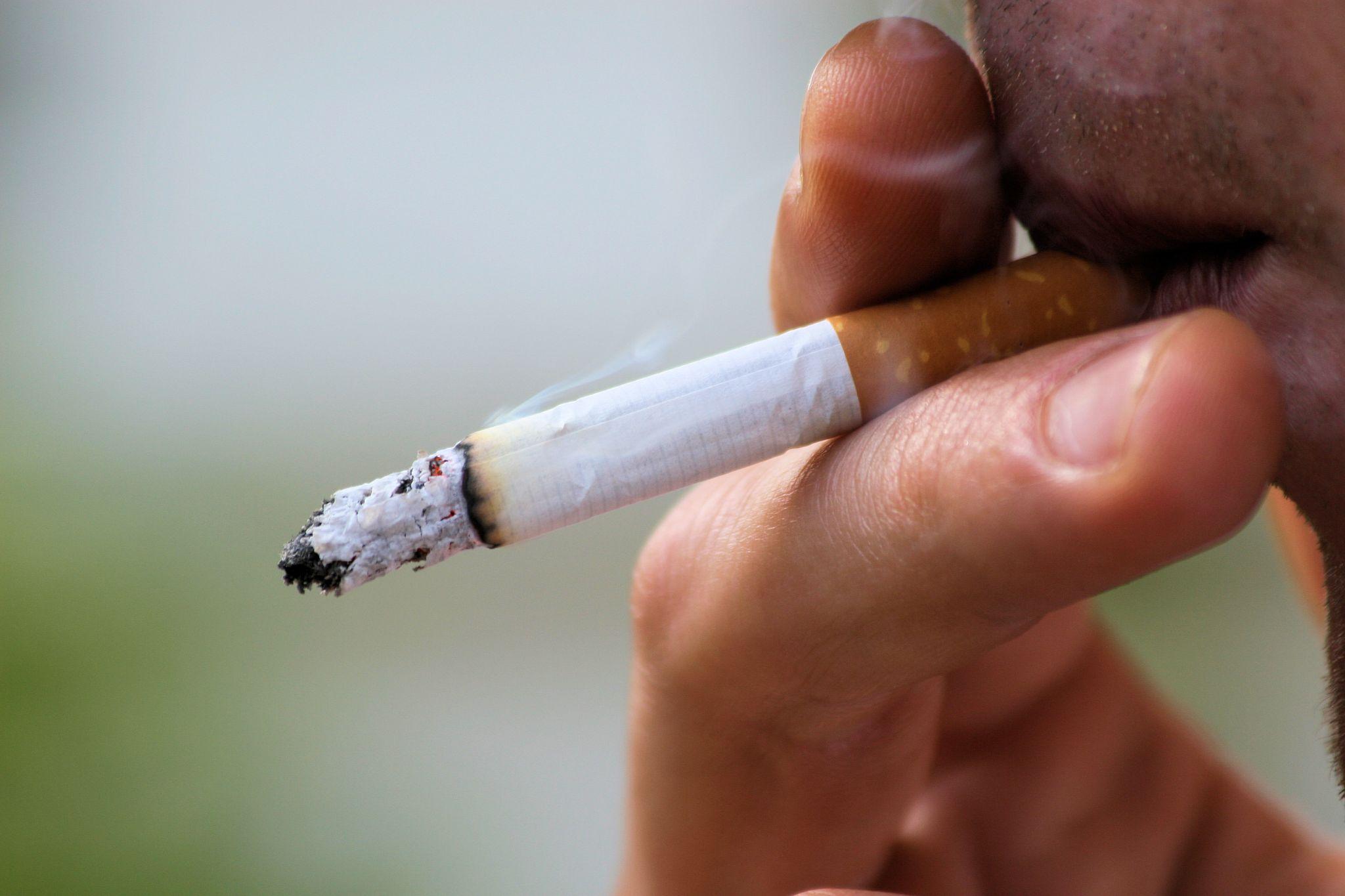
Nicotine is extremely fast-acting, reaching the brain in as little as 8 to 10 seconds.3 The body’s systems begin to react to the drug almost immediately. The primary physiological effects of nicotine are:3
1. Adrenaline Overworks the Circulatory System
As soon as nicotine reaches the brain, it stimulates the adrenal glands to produce adrenaline. A chemical energy rush is created with the classic “fight or flight” responses, including these common nicotine effects:
- Elevated heart rate
- Trouble sleeping
- Rapid breathing
- High blood pressure
- Constricted veins
- Eventual enlargement of the aorta or possible heart disease2’
Adrenalin also triggers a sudden release of glucose and can affect the amount of insulin produced by your pancreas, which in some cases can increase your risk of developing prediabetes or diabetes proper.
2. Brain Chemistry Changes
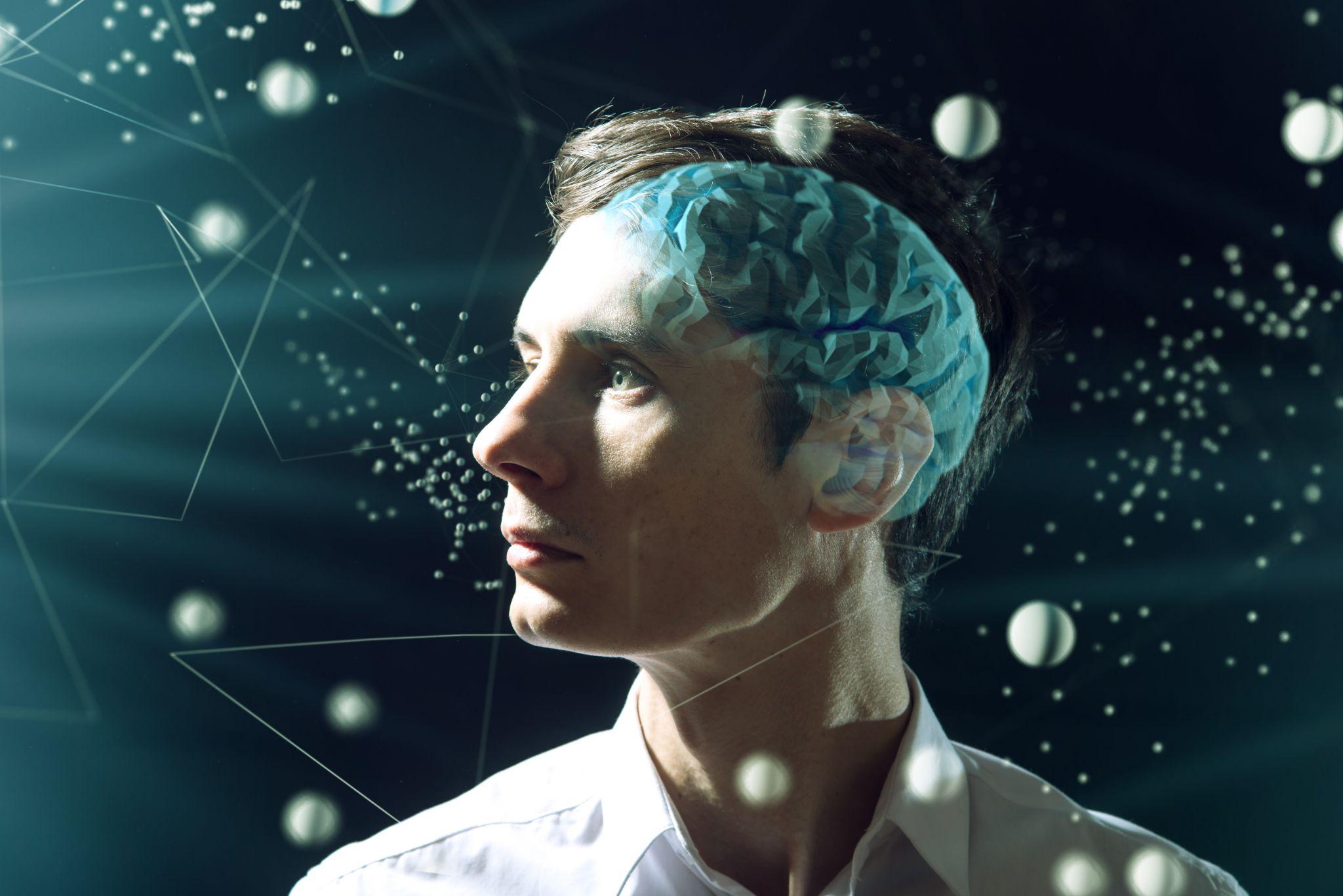
Nicotine causes chemical changes in the brain, including increased levels of endorphins and dopamine. These mood-boosting chemicals stimulate the pleasure centers of the brain, but the temporary effect causes the user to keep returning for more until they develop nicotine dependence.
In some cases, nicotine can help improve focus and concentration; however, these benefits are soon outweighed by the propensity for these effects to create dependence and, later, addiction in smokers and users of nicotine or tobacco products like liquid nicotine.
Effects of nicotine like reduced anxiety and elevated mood can quickly lead to severe withdrawal symptoms whenever you stop smoking or using nicotine products.
3. Blood Sugar Regulation Is Disrupted
The pancreas produces less insulin when nicotine is present, causing increased blood sugar levels. This might feel like an energy boost, but it also causes an associated energy crash and interferes with the healthy regulation of blood sugar levels. Combined with sudden releases of glucose as a result of an increase in nicotine in your bloodstream, smoking can put you at risk of developing prediabetes or, in some cases, full-blown diabetes under certain circumstances.
The sugar rush associated with nicotine use can also make quitting smoking a lot harder as sugar withdrawal now accompanies regular nicotine withdrawal as well.
4. The Brain Reacts to Changes in Blood Flow and Hormones
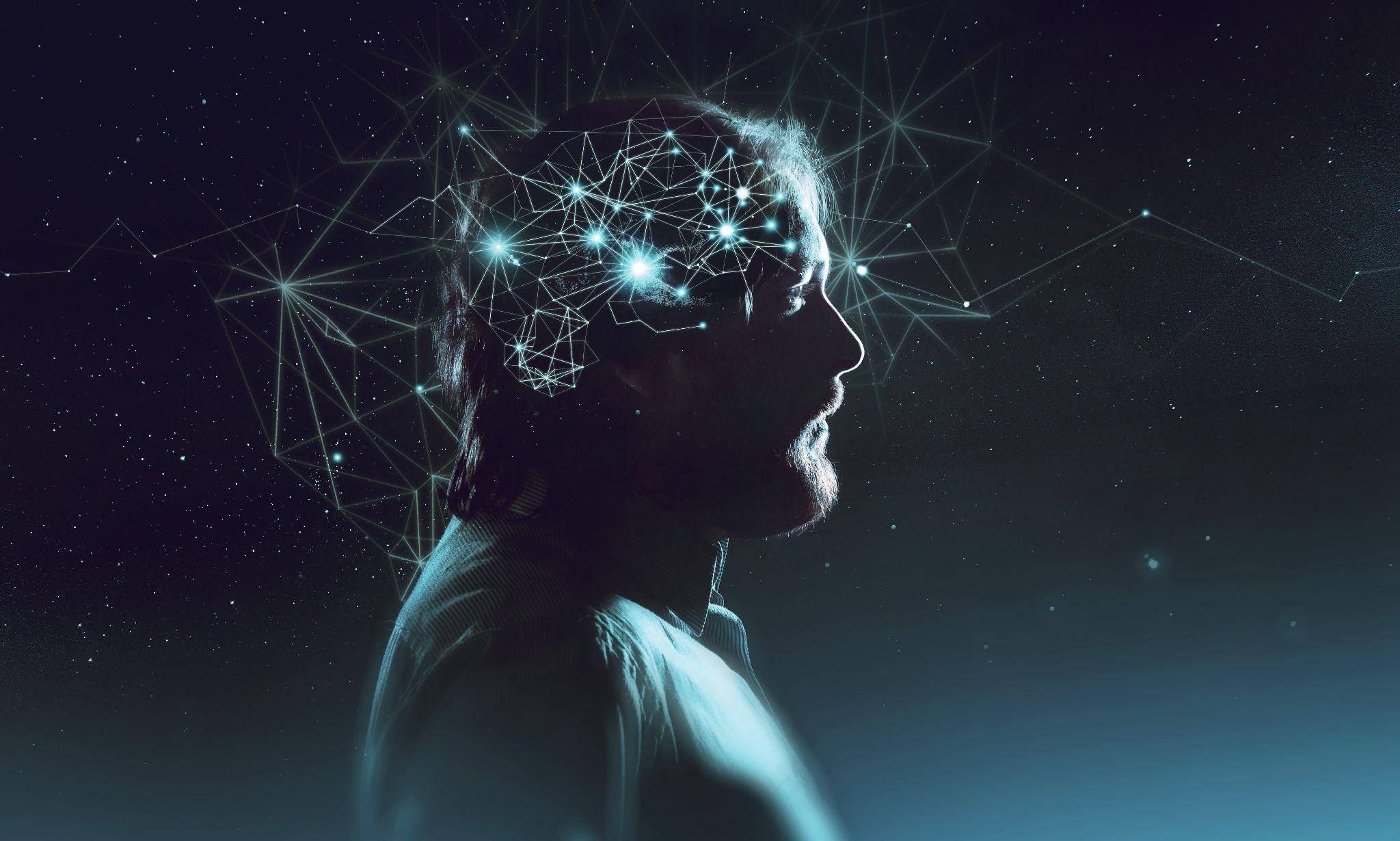
The effects of nicotine on the brain persist for three to five days after using and may cause:
- Vertigo or dizziness
- Disturbed sleep patterns and insomnia
- Nightmares and vivid dreams
- Headaches
These immediate effects are often presumed to be cravings, after which smokers or nicotine users take in more of the drug to try improve their mood. This significantly contributes to the rapid development of addiction in nicotine users.
5. The Gastrointestinal System Is Disturbed
Nicotine also affects the stomach and digestive system, often causing these troublesome symptoms:
- Indigestion and heartburn
- Nausea and vomiting
- Diarrhea
- Peptic ulcers
- Dry mouth
Similar to the negative effects on your hormones and brain, nicotine can cause you to feel physically ill. Unfortunately, most people turn to more cigarettes to feel better and counteract their negative physical state. This can lead to an even greater risk of getting addicted to nicotine and its effects.
6. Nicotine Addiction Develops Rapidly
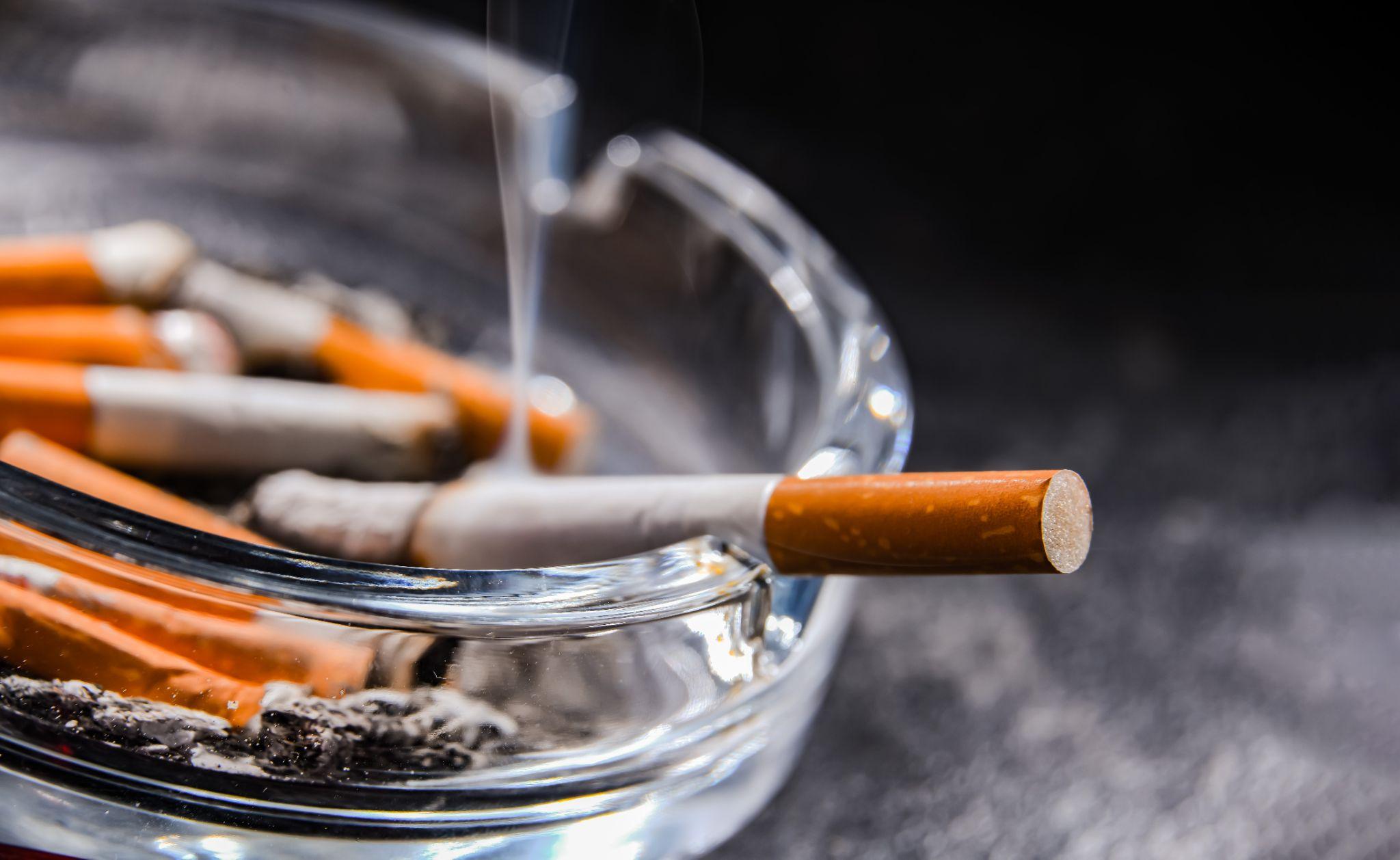
It takes very little time to become addicted to such a substance as powerful as nicotine. Why is nicotine so addictive? Simply because all creatures respond to substances that stimulate the pleasure centers of their brains. When the pleasurable response is short-lived, like in the case of nicotine, humans are immediately spurred to use more of it to continue feeling the “high” they first experienced.
This can lead to developing a habit of using nicotine to feel good, which later creates a dependence on the drug and a subsequent addiction. The ritual behavior becomes its own reward.
7. Physical Withdrawal Makes Quitting Difficult
Even after just a few weeks of using nicotine, it becomes difficult to quit. As soon as you stop, nicotine withdrawal symptoms set in. You might experience:
- Headaches and nausea
- Cravings and irritability
- Insomnia
- Anxiety and restlessness
- Increased appetite
- Difficulty concentrating
These powerful addictive properties of nicotine can lead people to keep smoking cigarettes and other nicotine products even against the medical advice of healthcare professionals. Nicotine may stay in your system for up to a week after you stop using nicotine products. Around a week after your last use, your withdrawal symptoms will likely be at their peak.
Unfortunately, smoking cigarettes may have become a habit, so, besides fighitng the withdrawal symptoms, people looking to quit smoking may need to resist the urge to maintain a long-time habit accompanied by incredibly powerful cravings.
Exploring Nicotine Addiction Treatment Options

If you’ve decided to quit smoking, chewing tobacco, or vaping, there are a number of treatment options to consider. Depending on how long you’ve been using nicotine products, treatment options and withdrawal severity may differ significantly.
You can go at it alone, and some people have been successful at doing so. However, research shows that all of these methods work better in combination with behavioral treatment only available from a dedicated addiction treatment center.1 Treatments offered by these facilities often include:
- Nicotine patch programs to slowly wean off smoking cigarettes while minimalizing withdrawal symptoms
- Other replacement regimens like nicotine gum, sprays, or inhalers
- Going “cold turkey” with counseling support
- Prescription medications that block nicotine receptors
The very best nicotine addiction treatment regimens are some combination of all these methods and approach every patient in a personalized manner that focuses on their personal journey towards seeking treatment for their addiction.
Tobacco or nicotine addiction treatment is like recovery from any other addictive substance. There are experts available to help you regain control and choose a new direction regardless of how powerful your addiction has become.
Yellowstone Recovery Center is a highly specialized addiction recovery facility located in California, which offers patients access to customized treatment plans that best suit their personal preferences and treatment needs.
By contacting our expert team for help, we can help assess your addiction, place you in the very best treatment program possible, and help you navigate the vital choices to maintain your physical and mental health after addiction recovery.
For more information or to get help for your nicotine addiction today, contact our expert team at (888) 418-4188 or look through our website for more details regarding the programs available.
Sources:








